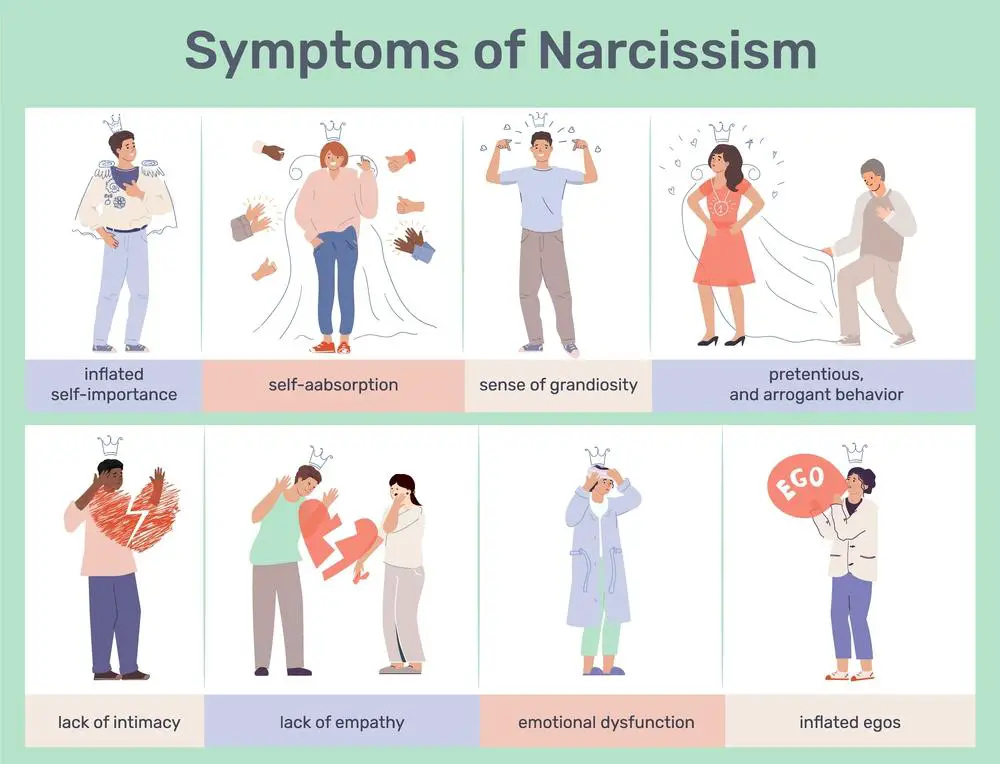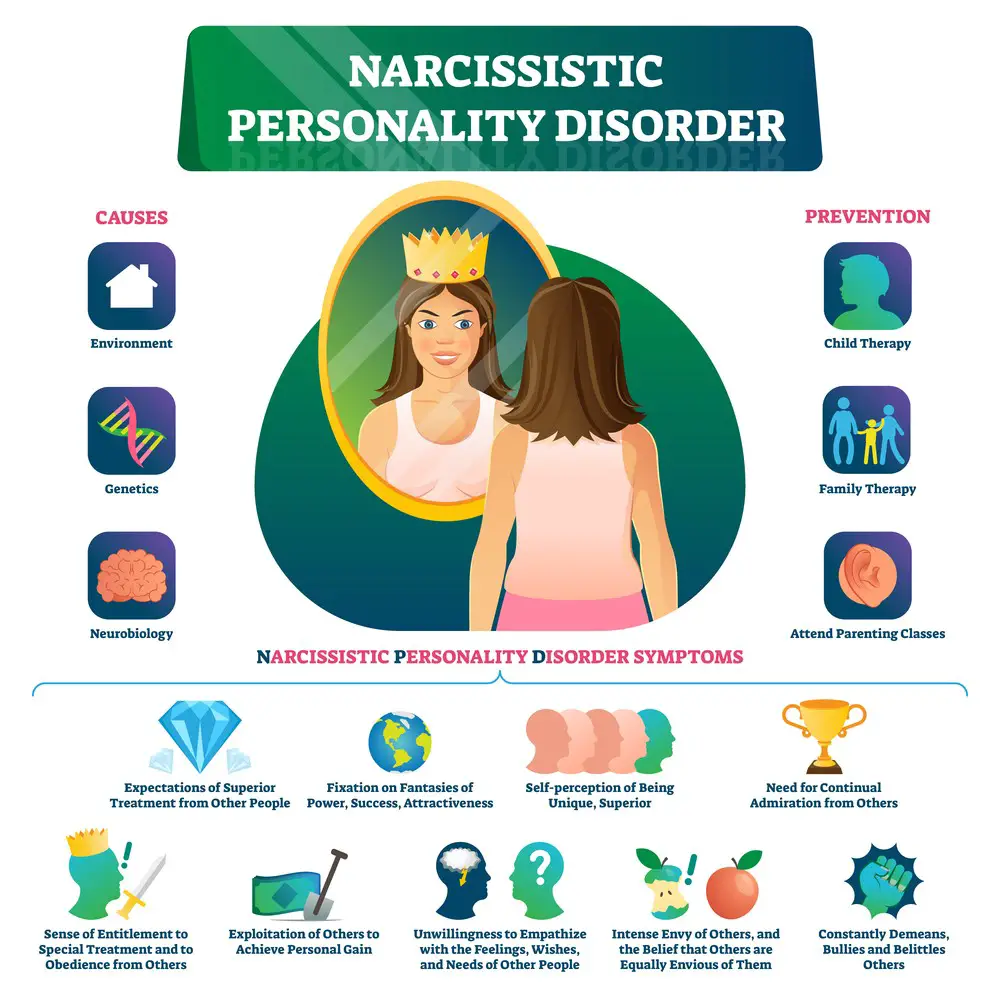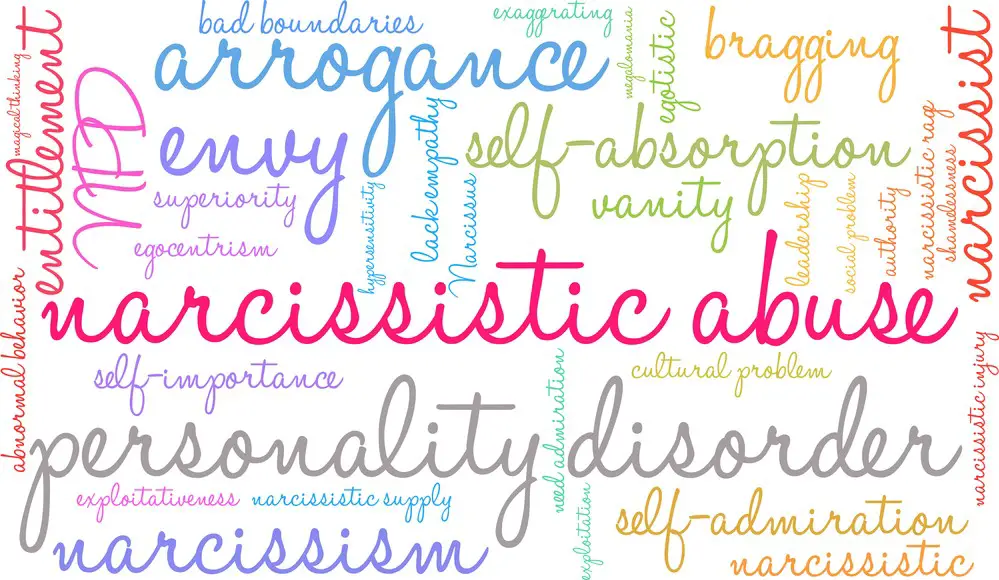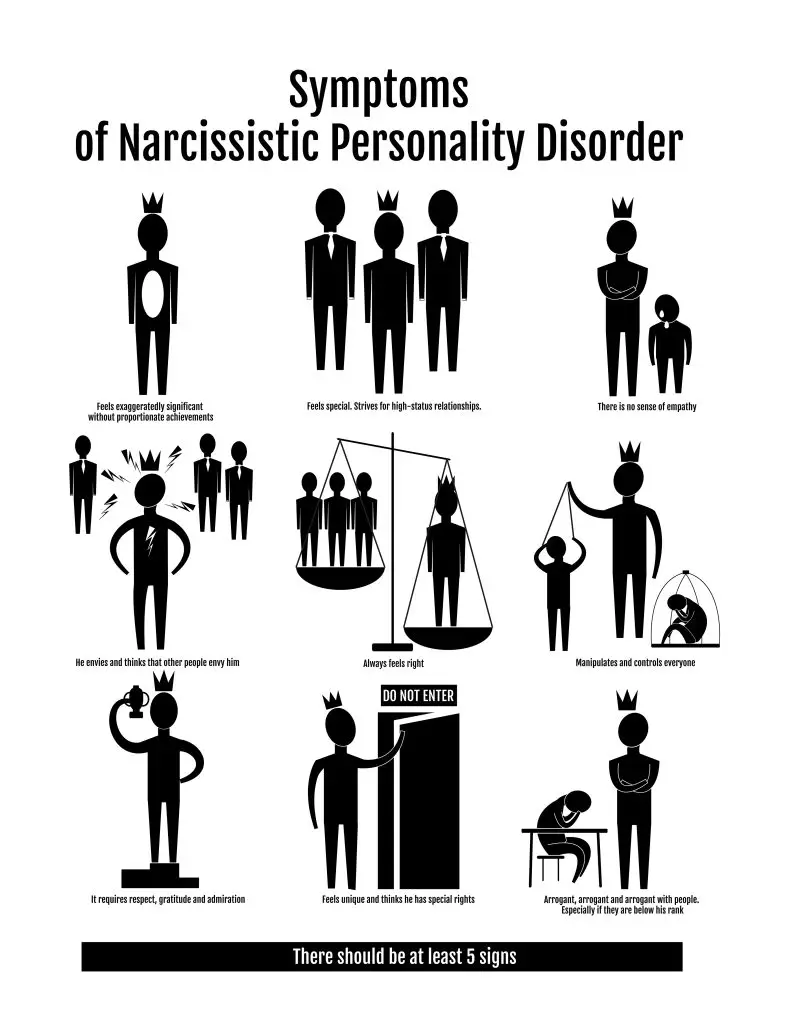As a BetterHelp affiliate, we receive compensation from BetterHelp if you purchase products or services through the links provided
Dealing with a narcissist can feel like you’re stuck in a maze with no exit—it’s all about them, all the time. If you’ve ever felt that someone in your life is more in love with control than reality, you might be onto something. To get to the heart of it, we’ve chatted with pros who’ve seen it all—a Behavior School Counselor, a Certified Psychology Expert, and others who know the drill. They’ve shared the red flags that scream “narcissist ahead,” helping you spot them from a mile away.
- Control Freaks to the Core: Narcissists love to pull the strings. They’re not just planning the party; they want to dictate how everyone dances.
- Emotional Black Holes: Trying to connect emotionally with a narcissist? Good luck. They’re about as warm and fuzzy as a cactus.
- Applause Hungry: They crave attention like it’s oxygen. If they’re not the center of the world, watch out for the drama.
- Compliment Collectors: They need constant praise to keep their ego from deflating. It’s like they run on a steady diet of flattery.
- Cold Shoulder Pros: They’re quick to dismiss your feelings like yesterday’s news. Empathy? They skipped that class.
So, if you’re feeling like someone’s stepping on your vibe, trust those instincts. These signs are your breadcrumbs out of the narcissistic woods.
 1. Orchestrating Outcomes: The Narcissist’s Control
1. Orchestrating Outcomes: The Narcissist’s Control
When dealing with a narcissistic personality, one must understand that a narcissist is striving to control the environment. By manipulating an individual’s perception, a narcissist uses dominance to create an environment where they orchestrate the outcome.
Once a narcissist fosters their desired environment or person, they enforce control through deflection tactics. Once a narcissist has displayed these behaviors, it is their attention to detail and complementary actions that facilitate confusion for an individual.
Angela Norward, Behavior School Counselor, Mahogany Awakenings

2. Empathy Absence: Disconnect With Others
In my experience, a telling sign of a narcissist is their lack of empathy, which often manifests as an inability to understand and connect with the people around them.
They’re often engrossed in their experiences, feelings, and perspectives, sidelining others’ emotions and needs. In relationships, you’ll find them leading with force and authority, leaving little room to express yourself.
Bayu Prihandito, Certified Psychology Expert, Life Coach, and Founder, Life Architekture
 3. Attention Addiction: Relentless Pursuit of Validation
3. Attention Addiction: Relentless Pursuit of Validation
In my experience, one red flag when dealing with a narcissist is their persistent need for attention. From my journey, I’ve noticed that they incessantly seek validation, often reacting strongly if it’s not forthcoming.
In my role as someone who has dealt with similar situations before, I’ve found that their conversations invariably revolve around themselves, frequently disregarding or downplaying the emotions and experiences of others.
This relentless pursuit of attention, coupled with a lack of empathy, are unmistakable hallmarks of narcissism.
Carl Panepinto, Marketing Manager, Easy Allied Health
4. Praise Predilection: Coddling a Fragile Self-Esteem
Spotting a narcissist can be tricky, but one telltale sign is their constant desire for admiration. It could be a red flag if someone constantly craves excessive praise or flattery.
Narcissists often seek validation and approval to boost their fragile self-esteem. They may fish for compliments, exaggerate their achievements, or become overly competitive to maintain a superior image.
It’s essential to be wary of individuals who seem incapable of genuine humility and whose interactions revolve around showcasing their supposed brilliance.
Sai Blackbyrn, CEO, Coach Foundation
 5. Empathy Evasion: Belittling Others’ Emotions
5. Empathy Evasion: Belittling Others’ Emotions
Identifying a narcissist isn’t always straightforward, as they can be charismatic and charming initially. However, a significant sign is a consistent lack of empathy. Narcissists often struggle to genuinely understand or care about the feelings and needs of others.
They may downplay others’ emotions, redirect conversations to focus on themselves or get impatient when others speak about their issues. For example, if someone constantly turns conversations back to their achievements or belittles others to elevate their sense of importance, they might show narcissistic tendencies.
Remember that a single trait doesn’t define the disorder—seek professional insight if concerned.
Matthew Sims, Personal Injury Lawyer, Rapoport Weisberg & Sims, P.C.
 Straight Talk: Putting Professional Advice into Action
Straight Talk: Putting Professional Advice into Action
Let’s get real for a moment. Knowing the signs of a narcissist is one thing, but dealing with them? That’s a whole different ball game. Here’s some straight-shooting advice on how to take the experts’ insights and use them in the real world.
1. Don’t Play Their Game: When someone’s hell-bent on controlling everything, it’s easy to get caught in their web. But remember, you don’t have to dance to their tune. Recognize their tactics, and keep your cool. The moment you see the strings, you can start to unhook them.
2. Protect Your Energy: With empathy-free folks, guard your emotions like they’re precious gold—because they are. Don’t expect warmth from someone who’s emotionally chilly. Instead, invest your feelings where they’re appreciated.
3. Validate Yourself: Got an attention addict in your life? Time to cut off their supply. Focus on validating yourself instead. When their drama starts, it’s your cue to step back. Their need for applause isn’t your problem to fix.
4. Be Flattery-Proof: If you’re dealing with a praise junkie, keep the flattery to a minimum. Be genuine in your interactions, and don’t feed into their ego. It’s not your job to puff up someone else’s self-esteem.
5. Set Emotional Boundaries: When someone’s belittling your emotions, it’s time to draw the line. If they can’t talk without putting someone down, they show you who they are—believe them. Set your boundaries and stick to them.

More Practical Nuggets
Tune into Actions, Not Words: Narcissists are often smooth talkers, but their actions tell the real story. Watch how they treat others, especially when they think no one’s looking.
Trust Your Gut: If something feels off, it probably is. Don’t ignore those little alarm bells. Your intuition is a powerful tool—use it.
Seek Support: Handling a narcissist can be draining. Don’t go it solo. Talk to friends, find a support group, or consider professional guidance.
Educate Yourself: Knowledge is power. Read up on narcissistic behaviors so you’re better equipped to handle them.
Remember, while you can’t change a narcissist, you can change how you deal with them. Stay true to yourself, keep your boundaries tight, and don’t let their chaos disrupt your peace.
About Jacob Maslow
After surviving the traumatizing events of 9/11, I took it upon myself to heal through helping others. I’m the primary caregiver of my children and understand from first-hand experience the lonely paths you have to walk as a partner and parent when leaving an unhealthy relationship.
We’re all echoing in a dark space that doesn’t have to be this empty, and that’s been my mission since finding solace and recovery in therapy: To help comfort others who are still in shock and at the prime of their struggle.
I came across BetterHelp after searching for this type of community. I wanted to belong to a body of proactive therapists and supportive therapy veterans that allowed me to see other sides of the story.
It was unconventional, and that’s what attracted me most. During my most challenging times, when my ex-wife completely cut me off from my children, I found comfort and clarity through BetterHelp.
Instead of being chained to a strict therapist recommendation, I was in charge of who I felt understood my struggle most. That allowed me to find my true peace, as I was reunited with those who read behind my words and had first-hand experience with my trauma.
Recovery is a choice; with BetterHelp, that choice will be a few clicks away. You can join their couples-oriented platform, Regain.us, for those stuck with family estrangement and toxic relationship patterns.
- 7 Ideas to Help You Relax and Unwind on a Family Vacation - April 27, 2025
- How Having Cybersecurity Protection Helps You Relax - April 25, 2025
- 8 Reasons Why Spending Time Outside Calms You Down - April 25, 2025
This site contains affiliate links to products. We will receive a commission for purchases made through these links.


 1. Orchestrating Outcomes: The Narcissist’s Control
1. Orchestrating Outcomes: The Narcissist’s Control 3. Attention Addiction: Relentless Pursuit of Validation
3. Attention Addiction: Relentless Pursuit of Validation 5. Empathy Evasion: Belittling Others’ Emotions
5. Empathy Evasion: Belittling Others’ Emotions Straight Talk: Putting Professional Advice into Action
Straight Talk: Putting Professional Advice into Action
